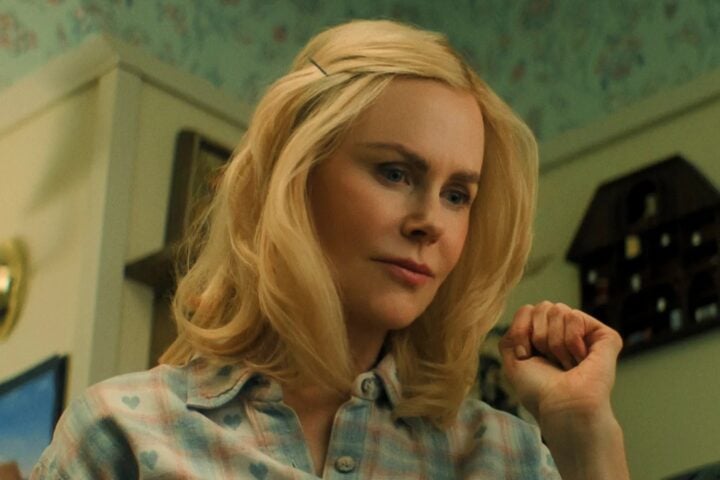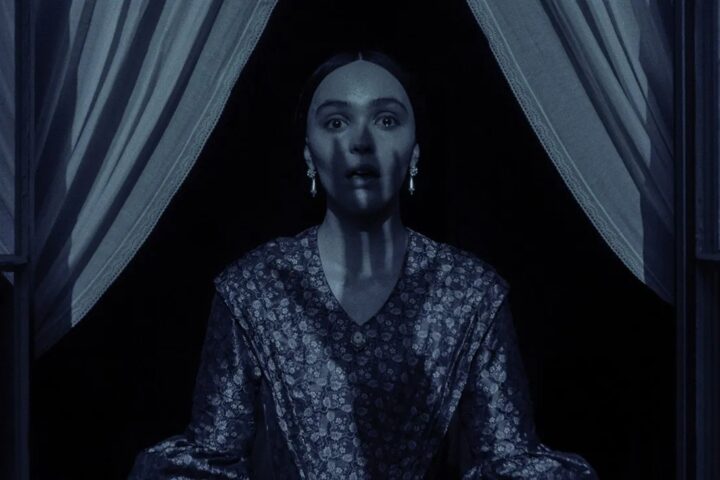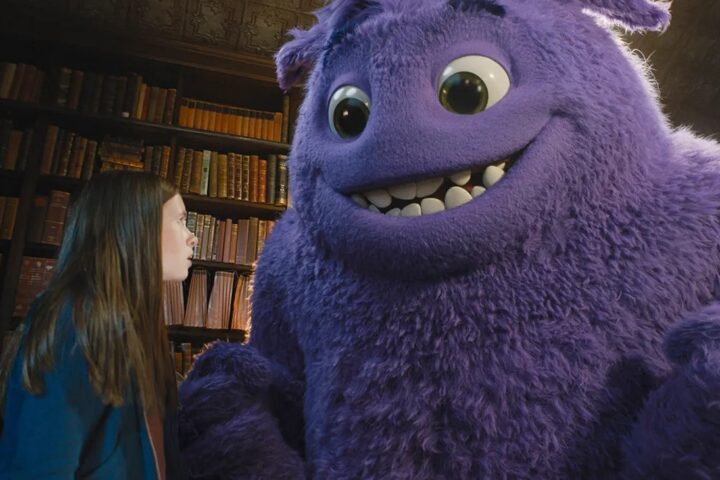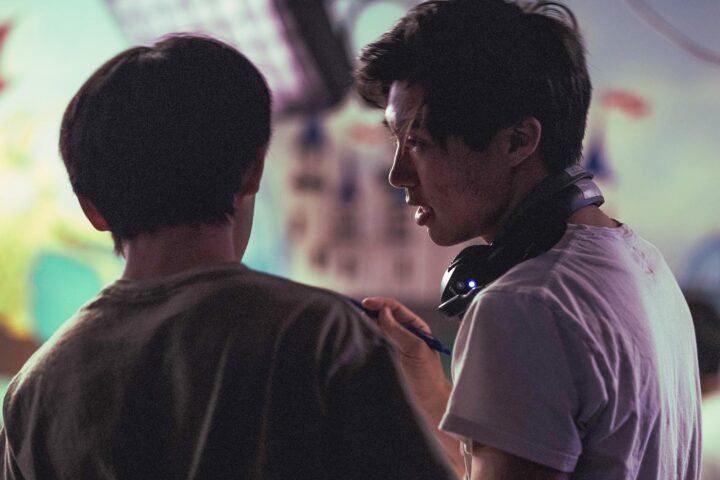Not even 30 seconds into Deadpool & Wolverine, Ryan Reynolds’s Deadpool asks the question that anyone with any sort of emotional investment in the Marvel Cinematic Universe has probably asked themselves in the leadup to the release of Shawn Levy’s film: Will it be dumb enough to ruin the poignancy and grace that James Mangold at long last afforded the tired, tortured Logan (Hugh Jackman) in his eponymous swan song?
Mere moments after asking that question, Deadpool is ripping Wolverine’s newly exhumed, rotting skeleton apart, and mutilating jackbooted thugs from Loki’s Time Variance Authority with the adamantium-laced bones while he dances to NSYNC’s “Bye Bye Bye.” Somehow, after all that, the answer to the question is still a vehement “no.”
Just as in Deadpool and Deadpool 2, buried beneath Deadpool & Wolverine’s never-ending sea of psychosexual scatological humor, splatter-punk absurdities, fourth-wall breaks within fourth-wall breaks, and superpowered Jackass-like gags is a massive, indomitable beating heart. And that heart breaks for the idea that as small as Wade Wilson’s world is—in the context of this film, as well as in the realm of superhero movies as a whole—it’s worth saving.
That world is in danger, and for all intents and purposes, from Disney itself. We know the story that took place off screen: of the studio, in Galactus-like fashion, swallowing 20th Century Fox and Marvel Studios getting to bring its A-list properties into the fold. This manifests fairly literally on screen, with the TVA showing up on Wade Wilson’s doorstep one day to inform him that his universe—as in, Fox’s wayward Marvel universe—will be pruned, and with Logan dead, Deadpool will be the only element worth saving and sending to Earth-616 (i.e., the MCU).
Wade, of course, disagrees, and after stealing a teleporter, begins a multiversal adventure to try and find a way to save his universe from destruction. Plan A, as one might’ve guessed, involves kidnapping a Wolverine from another multiverse to replace the one who nobly sacrificed himself in Logan. When the new Wolverine turns out to be a nihilistic, grieving drunk trying his damndest to die of alcohol poisoning, Wade’s Plan B ends up sending the two of them into a chaotic wasteland where the unwanted refuse of the Marvel universe goes to die under the boot of Cassandra Nova (Emma Corrin), Professor Xavier’s aborted twin sister.
As expected, the unwanted refuse is an occasion for a cavalcade of celebrity cameos, long-forgotten characters, MCU veterans playing against type, and fan-service variants. But there’s intelligence and wit to the way they’re deployed here, with the majority of the cameos existing for more than just the cheap initial pop of recognition. There’s an underlying Irish funeral vibe to Deadpool & Wolverine, which acknowledges all the ways in which Fox’s Marvel films succeeded and failed. With the action cordoned off to a sort of dimensional Island of Misfit Toys, the film cuts loose with their powers on a massive scale—one of the true advantages of being under the Disney umbrella instead of the notoriously cheap Fox.
Granted freedom in a way many creatives working within the MCU haven’t been, Deadpool & Wolverine doesn’t flinch from speaking some measure of truth to power. Its characters, and by extension the actors behind them, were creatively done dirty under the Fox banner and, in self-aware fashion, are actively vocal about it here. There are no narrative redemption arcs as effective as Andrew Garfield’s Spider-Man in Spider-Man: No Way Home, but the filmmakers still find ways to afford the special guests one last hyperkinetic blowout of raucous joy and proud middle fingers before being relegated to the history books.
The weight of the film, though, lies on the double act of Reynolds and Jackman. While it’d be great to see Reynolds not play this exact kind of character in every film, it’s undeniable that he’s in his element. Even with Jackman playing Logan at his absolute angriest and unstoppably violent, all the things that made his demise in Logan so effective are honored here.
The very specific ride that this film takes us on is an oddball sort of final briefing on the whole endeavor of a Marvel universe outside the MCU—the marginalized, limited nature of it all. Even amid all the unhinged silliness and some of the most unfathomably butcherous fights ever executed in a Marvel film, Reynolds and Jackman find something new and affecting to say about their characters’ roles as failed heroes, as unfairly beloved icons, and, ultimately, as the two things considered worth saving from a Marvel universe being swallowed whole.
For anything of power and empathy to be heard above a nigh-impenetrable din of dick jokes and bloodshed is a miracle of sorts. For it to be heard at a time when the MCU’s voice in the cinematic landscape has at long last started to wane is admirable. For the sheer love and respect for these characters and their history to shine through a film like Deadpool & Wolverine that starts with literally desecrating the corpse of one of its heroes is impressive.
Since 2001, we've brought you uncompromising, candid takes on the world of film, music, television, video games, theater, and more. Independently owned and operated publications like Slant have been hit hard in recent years, but we’re committed to keeping our content free and accessible—meaning no paywalls or fees.
If you like what we do, please consider subscribing to our Patreon or making a donation.






I suspect that most, if not all, of these well-funded, bloated MCU superhero films have had their scripts cowritten by the Pentagon so there’ll be no “speaking truth to power” in any of these worthless cinematic events. The excellent Spy Culture site has plenty on this.